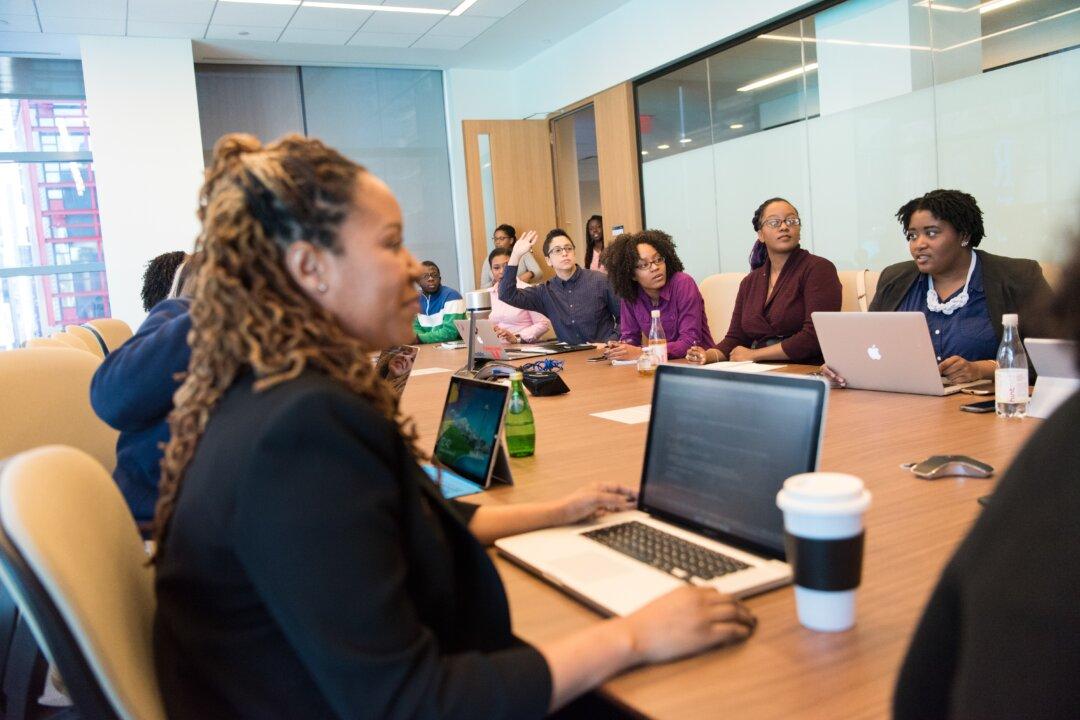 By Daniel Marcos
By Daniel Marcos
One of the main characteristics of fast-growing organizations is that they have a culture of learning that works as an engine of growth, innovation, and profitability. These companies stand out for creating their own corporate universities, in which they integrate training programs that depart from the traditional educational model.Some of the results that we can obtain by building solid training programs for our employees are: increased productivity, reduced turnover, understanding of the market, increased motivation, and strengthening of the organizational culture. However, until 2019 only 11 percent of companies invested resources in training their teams, according to a survey by OCC Mundial.Therefore, as entrepreneurs it is important that we prioritize the development of our teams if we want to accelerate the growth of our businesses. Here is a list of three recommendations that will help you build your own corporate university and develop a culture of learning:





